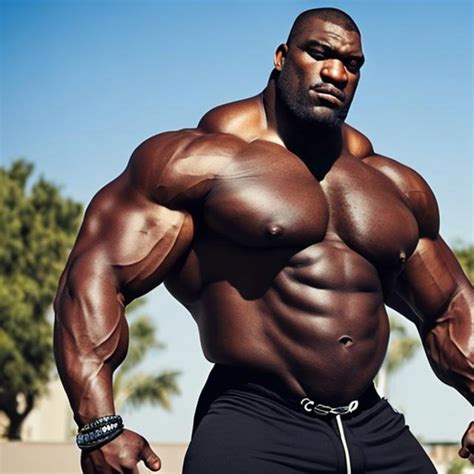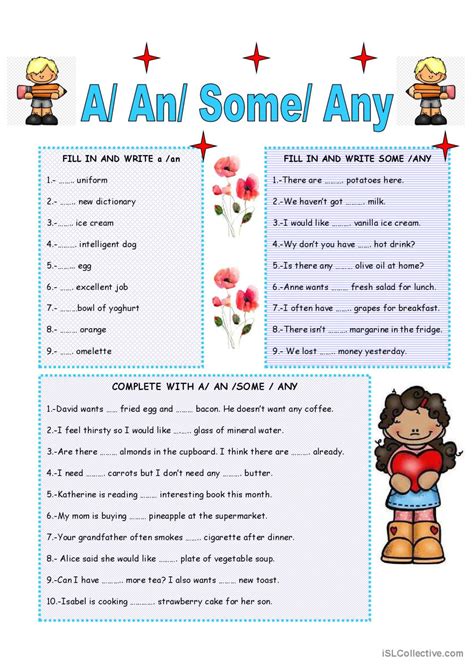While stereotypes sometimes portray men as stoic and emotionally detached, the reality of male platonic friendships often paints a richer, more nuanced picture. Men do seek and offer emotional support, though their methods might differ from what is traditionally expected. These friendships are vital conduits for navigating life’s challenges, celebrating successes, and fostering a sense of belonging.
The Power of Shared Activities and “Side-by-Side” Connection
One of the most common ways men offer and receive support is through shared activities. Whether it’s playing sports, working on a project, going to a concert, or simply grabbing a beer, these “side-by-side” interactions create a comfortable environment for emotional connection to emerge naturally. The activity itself can lower inhibitions, allowing for more authentic conversations to unfold without the pressure of direct eye contact or intense emotional focus. It’s often during these moments of shared experience that a friend might casually bring up a concern or offer a listening ear, making the support feel less confrontational and more organic.

Humor, Banter, and Indirect Expressions
Humor and friendly banter play a significant role in male friendships, often serving as a complex emotional language. While it can be a way to deflect intense feelings, it also functions as a powerful bonding tool and a subtle means of showing care. A well-placed sarcastic remark or a shared laugh can lighten the mood, indicate understanding, or even signal that a friend is noticing distress and offering an outlet. Beneath the surface of playful teasing often lies deep affection and a willingness to stand by one another. It’s a way of saying, “I see you, I care about you, and we’ll get through this, even if it’s with a joke.”
The Problem-Solving Approach
When a friend expresses a problem, men often default to offering practical advice or solutions. This isn’t necessarily a dismissal of feelings but rather a common way men demonstrate care and support. For many, actively trying to fix a situation is a tangible expression of solidarity and a desire to alleviate a friend’s burden. While direct emotional validation might be less frequent, the offer to help strategize, provide resources, or even physically assist in a task is a profound act of support that signifies commitment and loyalty.

Vulnerability in Measured Doses
Direct emotional vulnerability can be more challenging for some men due to societal conditioning, but it certainly exists within close platonic friendships. When it occurs, it’s often a significant moment of trust and intimacy. It might come out in a quiet conversation after a few drinks, during a significant life event like a divorce or a loss, or simply when one friend senses the other is truly struggling. The act of listening without judgment, offering simple affirmations, or even just sitting in comfortable silence can be incredibly powerful forms of support, signaling that the emotional space is safe and respected.

Being Present: Non-Verbal Support
Sometimes, the most profound emotional support doesn’t require words at all. Simply being present and available for a friend, especially during difficult times, speaks volumes. This could mean showing up for a family event, sitting quietly with a grieving friend, or just making sure to check in regularly. Non-verbal cues of solidarity – a nod, a pat on the back, or just sharing a space – convey a deep sense of care and reliability. It’s the unspoken promise that no matter what, they’re not alone.

In conclusion, men’s platonic friendships are rich tapestries of emotional connection, even if the threads are woven differently than often perceived. From shared activities and problem-solving to humor, subtle vulnerability, and the powerful act of presence, men find diverse and meaningful ways to offer and receive the emotional support crucial for their well-being. Recognizing and valuing these distinct expressions of care can help foster stronger, more resilient male bonds.



